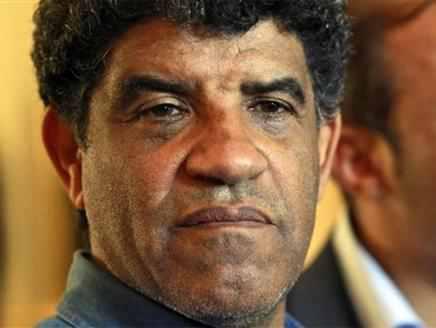By George Grant.

Tripoli, 5 September:
The Libyan government struck a financial bargain with Mauritania prior to the handover of Abdullah Al-Senussi, promising . . .[restrict]increased investment in the impoverished West African state.
Muammar Qaddafi’s brother-in-law and former spy chief was flown back to Libya earlier today, having spent the past six months in custody in Mauritania.
He will now stand trial for a series of alleged crimes committed both prior to and during last year’s revolution, most notoriously over his role in the 1996 Abu Salim prison massacre.
This afternoon, a senior government official told the Libya Herald that a financial agreement had been made with the authorities in Nouakchott, but rejected any suggestion of impropriety.
“We have agreed to increase the level of Libyan investment in Mauritania, but I cannot give a specific figure”, the official said. “However, there has been no direct financial payment to the Mauritanian government in exchange for Senussi’s release.”
Asked if the new investments were a direct response to Mauritania’s decision to hand over Senussi, the official replied, “of course”.
The official said that the investments would begin as soon as a new government was in place.
Unverified rumours have been circulating on Twitter that the Libyan government paid $200 million to Mauritania via a foreign bank.
Earlier today, government spokesman Nasser Al-Manaa said that a delegation had recently travelled to Nouakchott to negotiate Senussi’s release and that it had included Finance Minister Hassan Zaglam.
The Mauritanian government has said that its decision to authorise Senussi’s extradition was “on the basis of guarantees given by Libyan authorities”, without giving details.
It has long been believed in official circles in Tripoli that Nouakchott was using Senussi as a bargaining chip and that some sort of deal to secure his return to Libya was inevitable.
A similar agreement was reportedly struck with the Tunisian government in exchange for the extradition of Baghdadi Al-Mahmoudi, the former prime minister, back in June.
In that instance it was reported that Libya had offered Tunisia cut-price oil supplies along with a multi-million dollar investment.
Tunisia’s justice minister vigorously denied any suggestions of a financial deal at the time, insisting that “the extradition process took place after completion of all legal justifications by the relevant judicial authorities”.
[/restrict]









